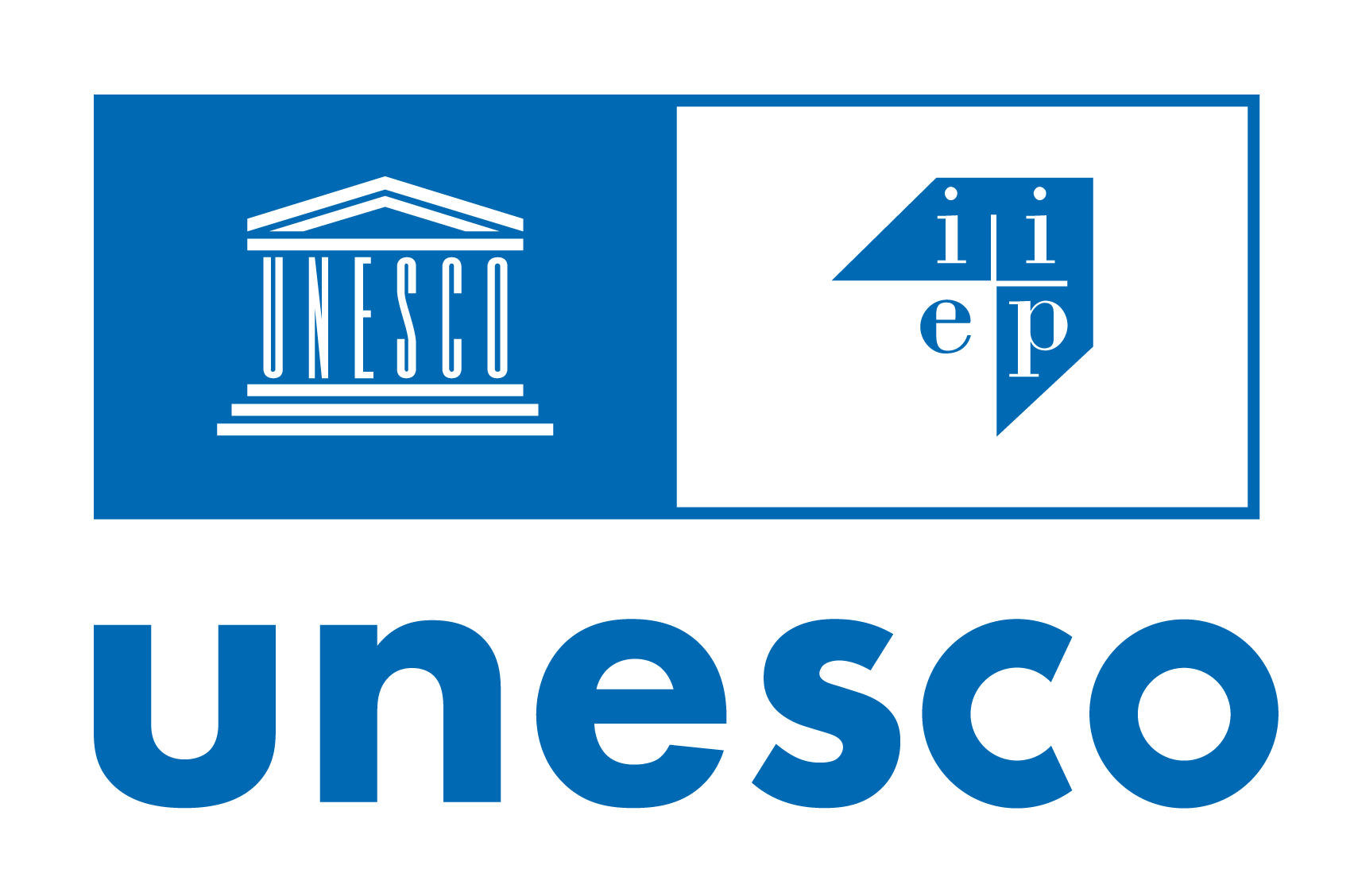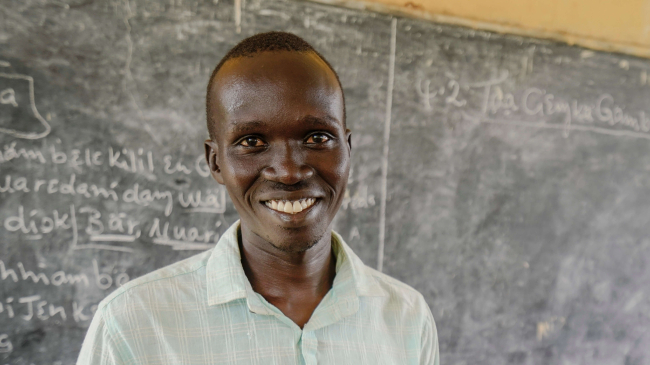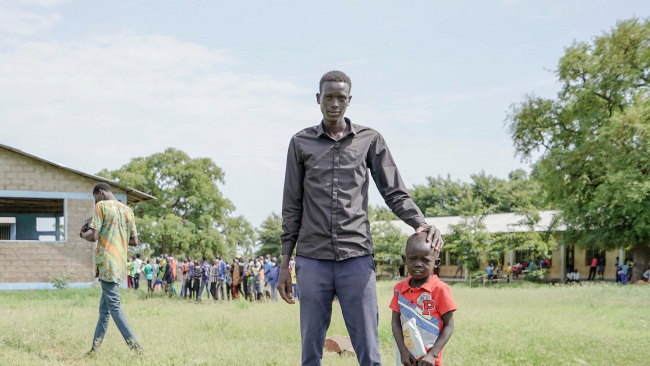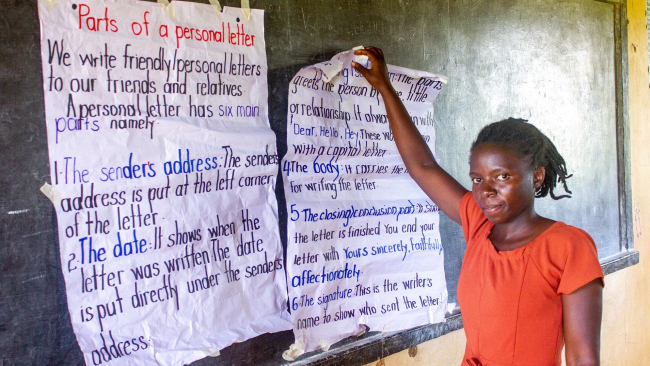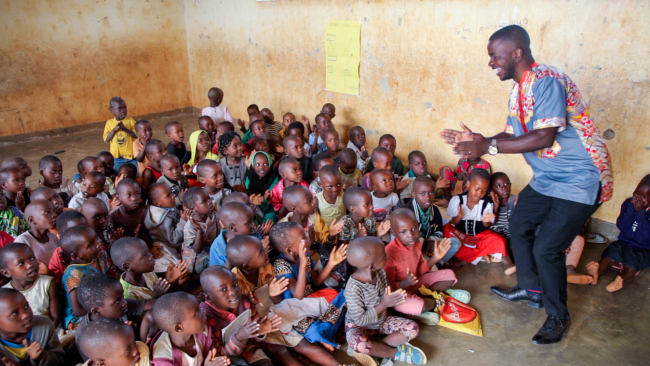This report provides a rapid evidence summary of the history, evolution, coverage, impact (successes and challenges) of remote learning in four countries with sustained prior experience, namely Bangladesh, Singapore, South Korea and the United States. For Bangladesh, the focus will be on the English in Action programme, specifically looking at two main components: (i) the professional development of primary and secondary school teachers through mobile learning; and (ii) an adult learning component – in this case, BBC Janala broadcasts – to teach communicative English. This programme used remote learning to improve teachers’ pedagogical skills and competency in English alongside learning in the classroom. For Singapore and South Korea, the focus will be on tech-supported remote learning to supplement classroom learning and how this prepared the countries to move to remote learning in response to Covid-19. For the United States, the focus will be on: Education television provided privately through the Sesame Workshop, which is aimed at pre-school and the early grades of primary school. It has extensive reach and a strong focus on reaching the disadvantaged, and covers education and psychosocial support. Virtual charter schools: there are 500 virtual schools enrolling around 300,000 students in the virtual K-12 school sector in the USA.
Year
2020
Pages
37
Themes
Countries
Resource Types
Languages
